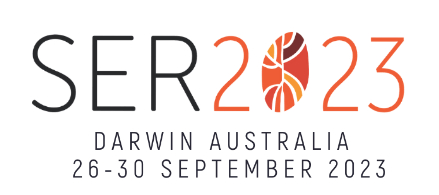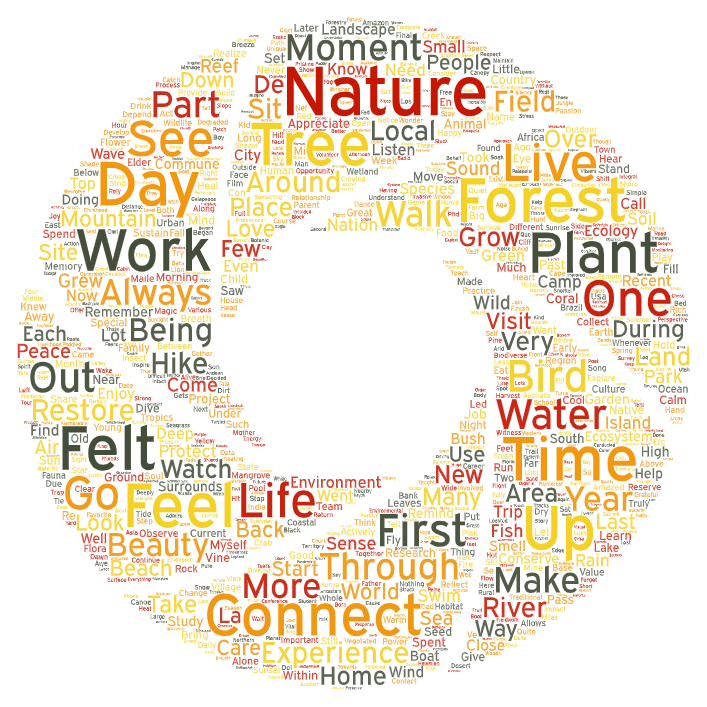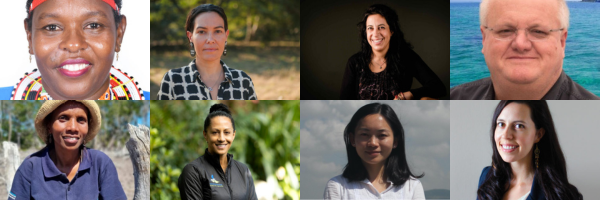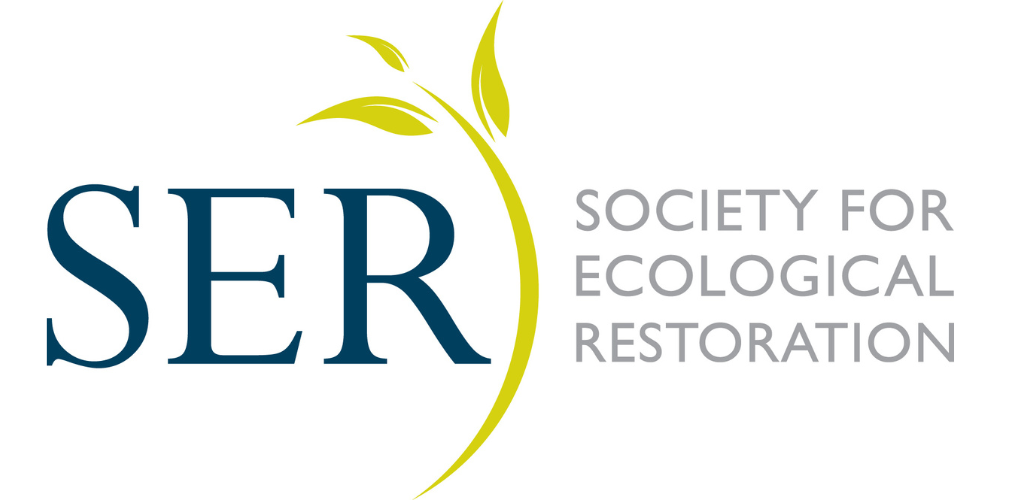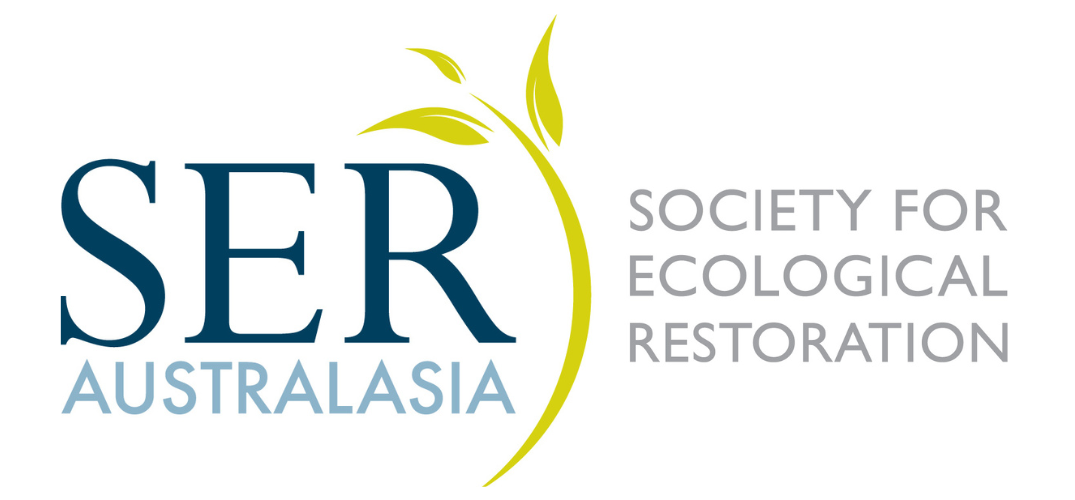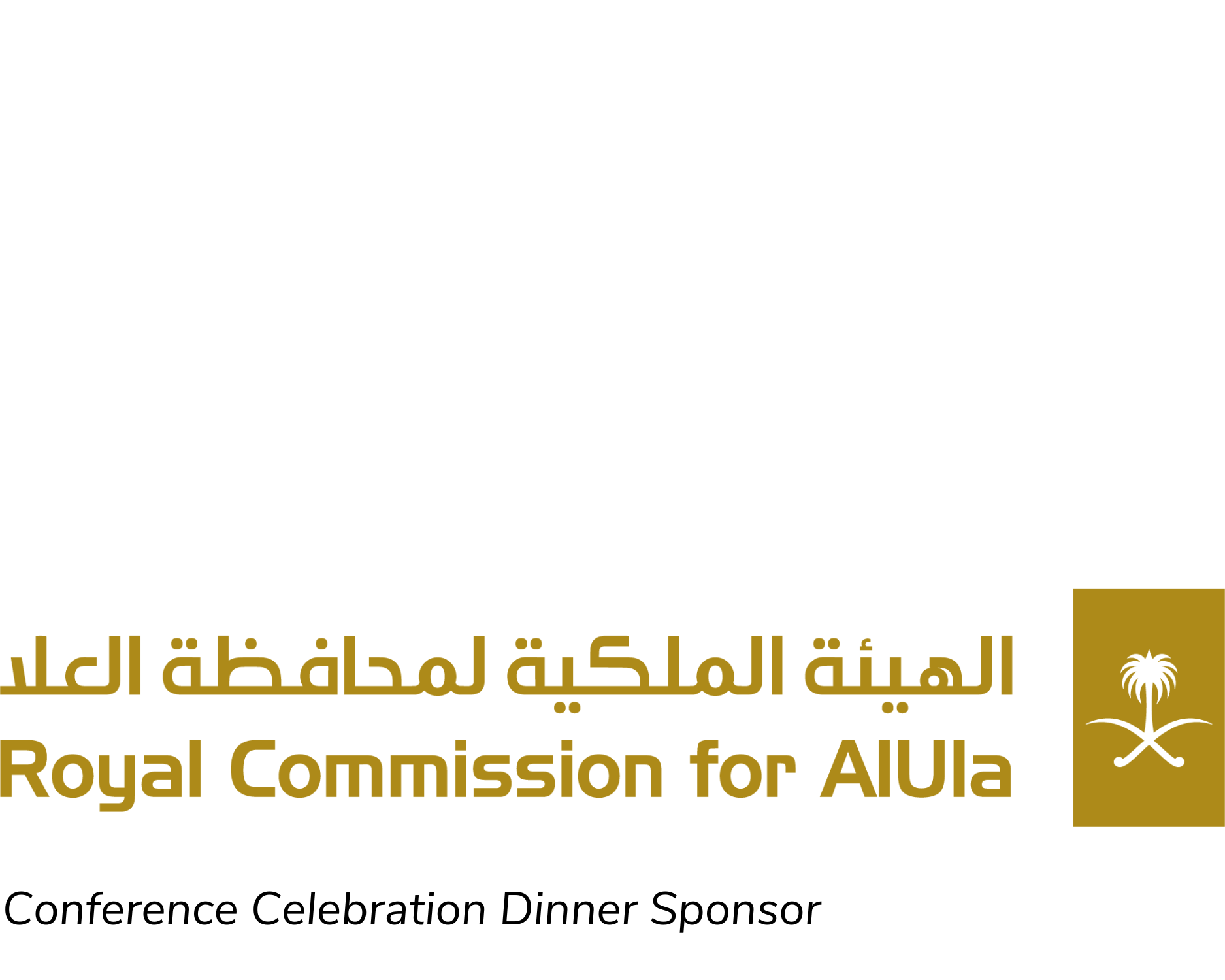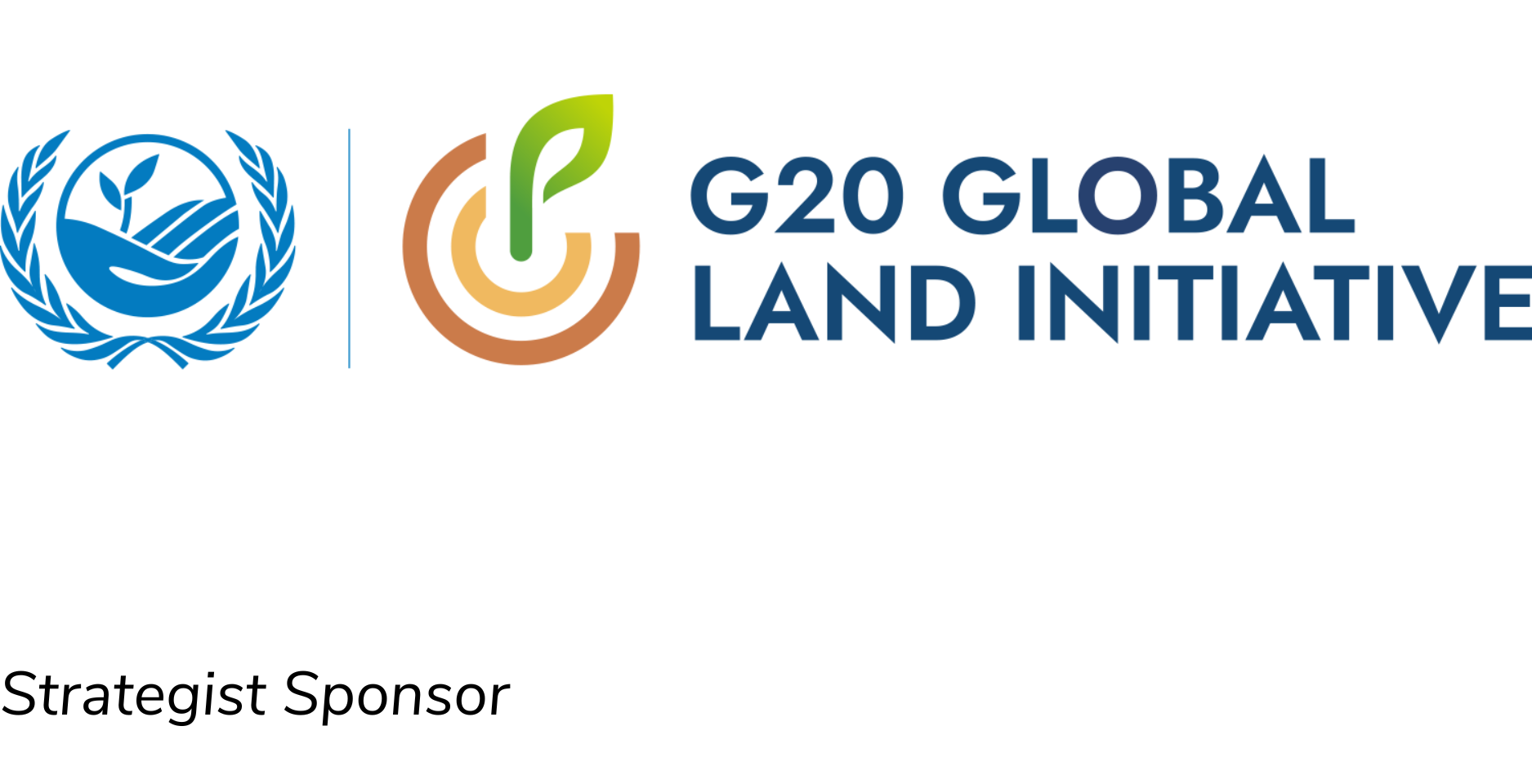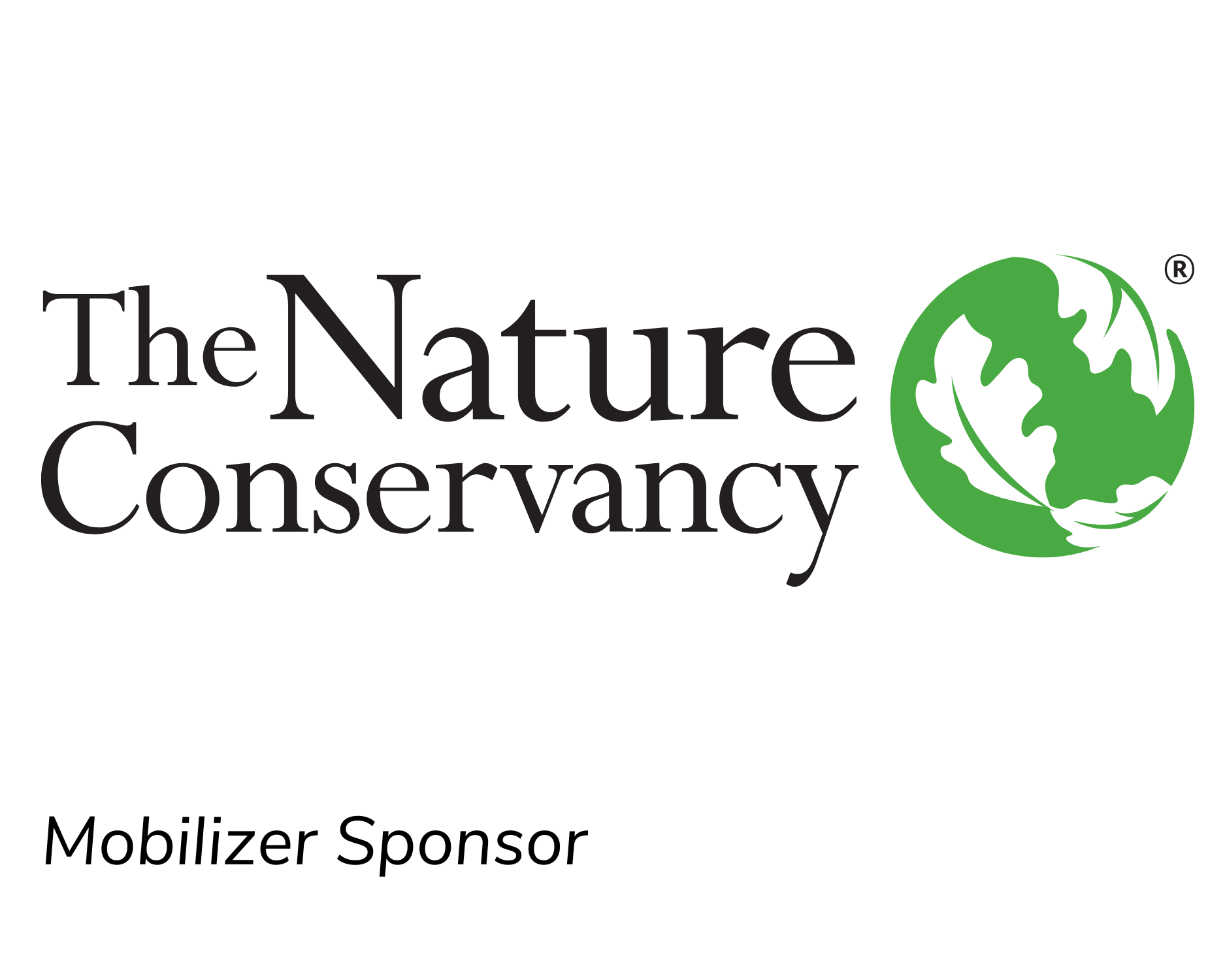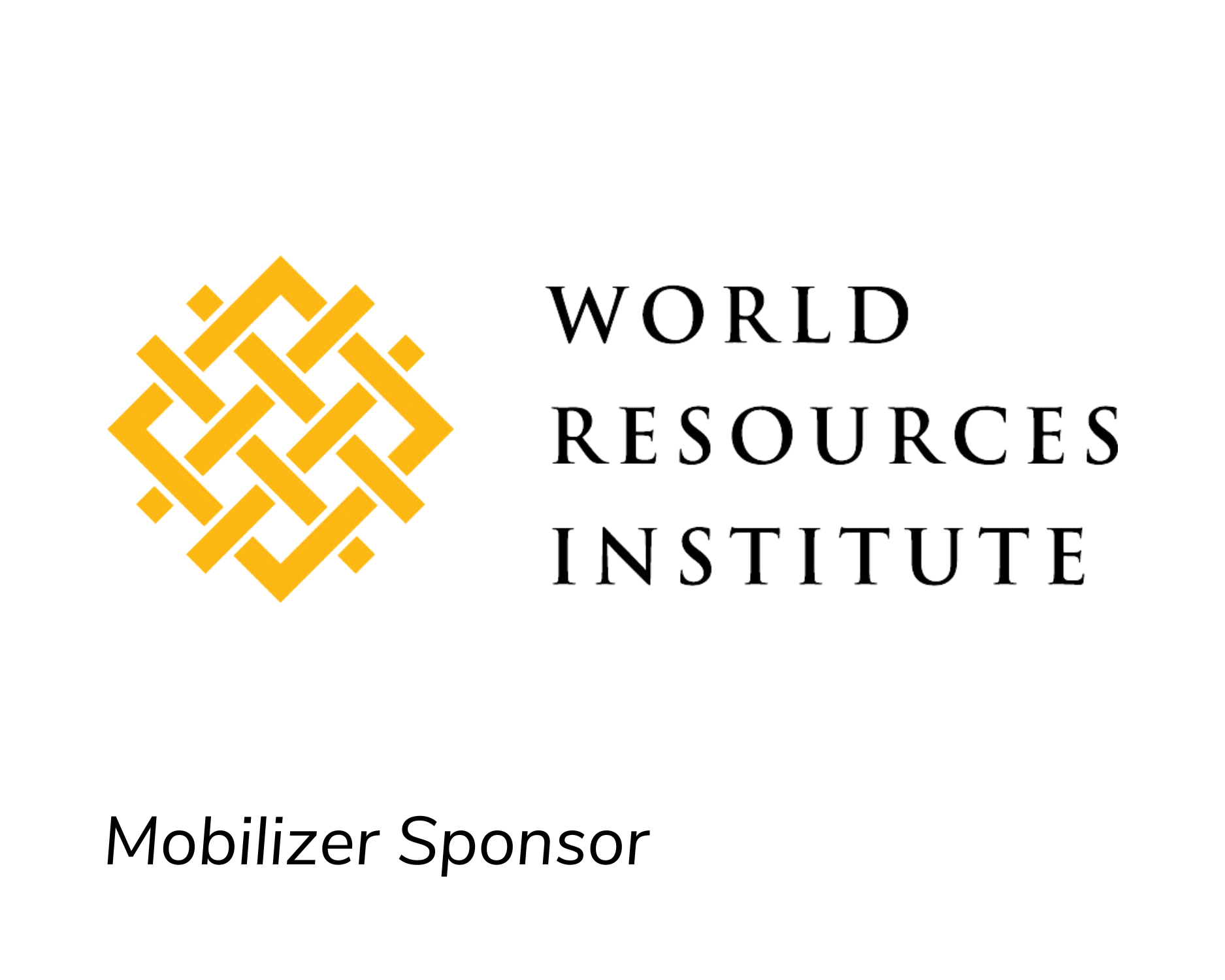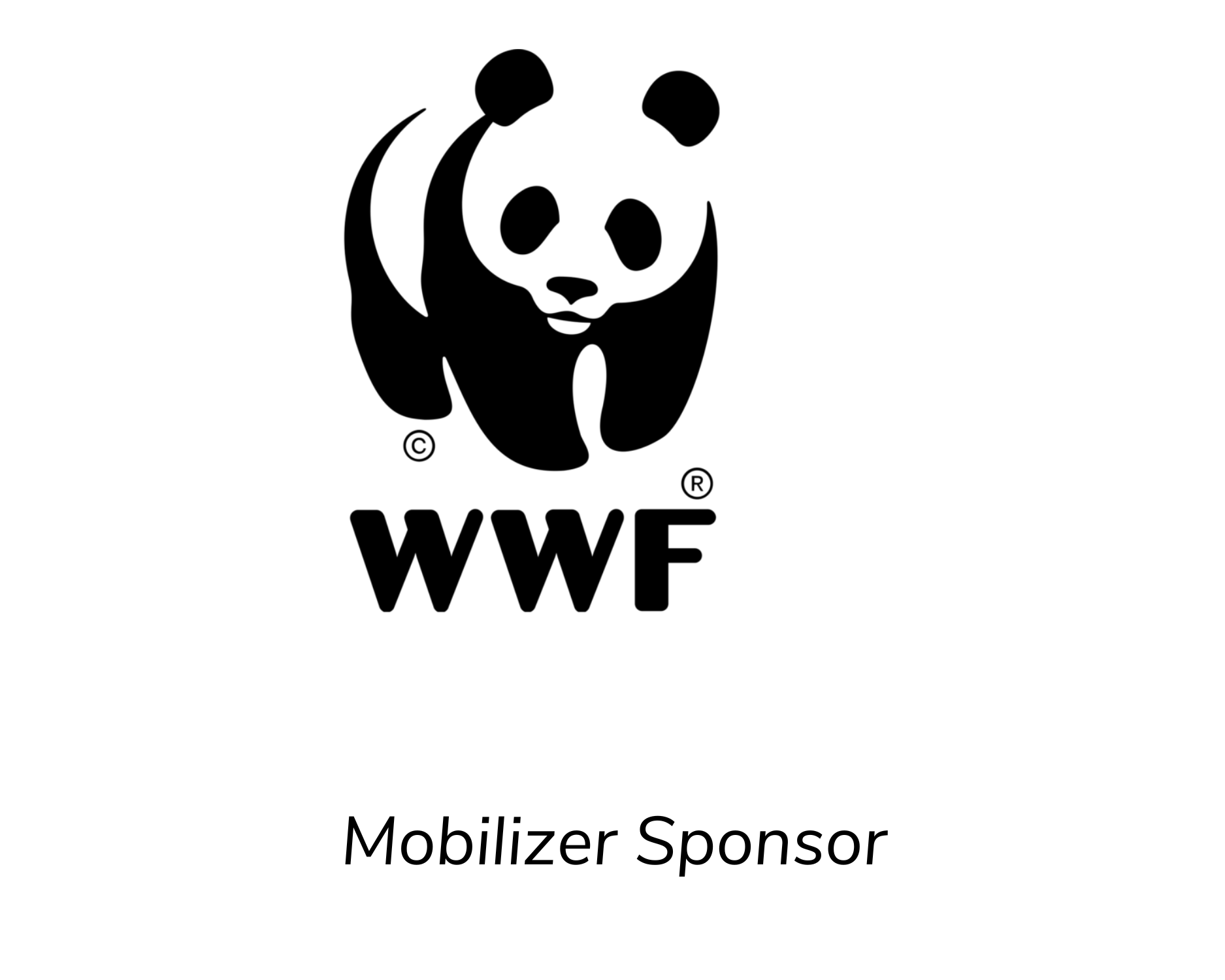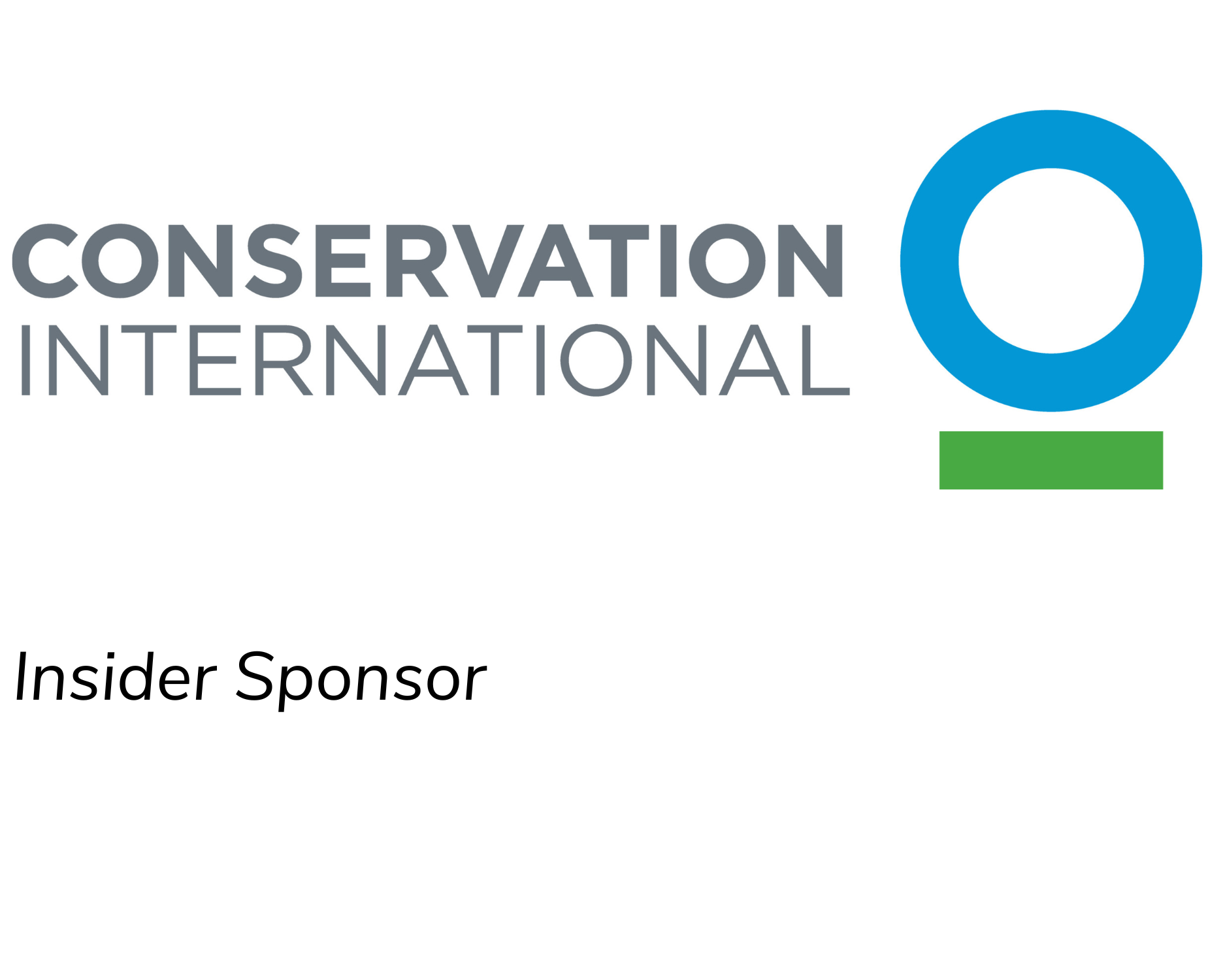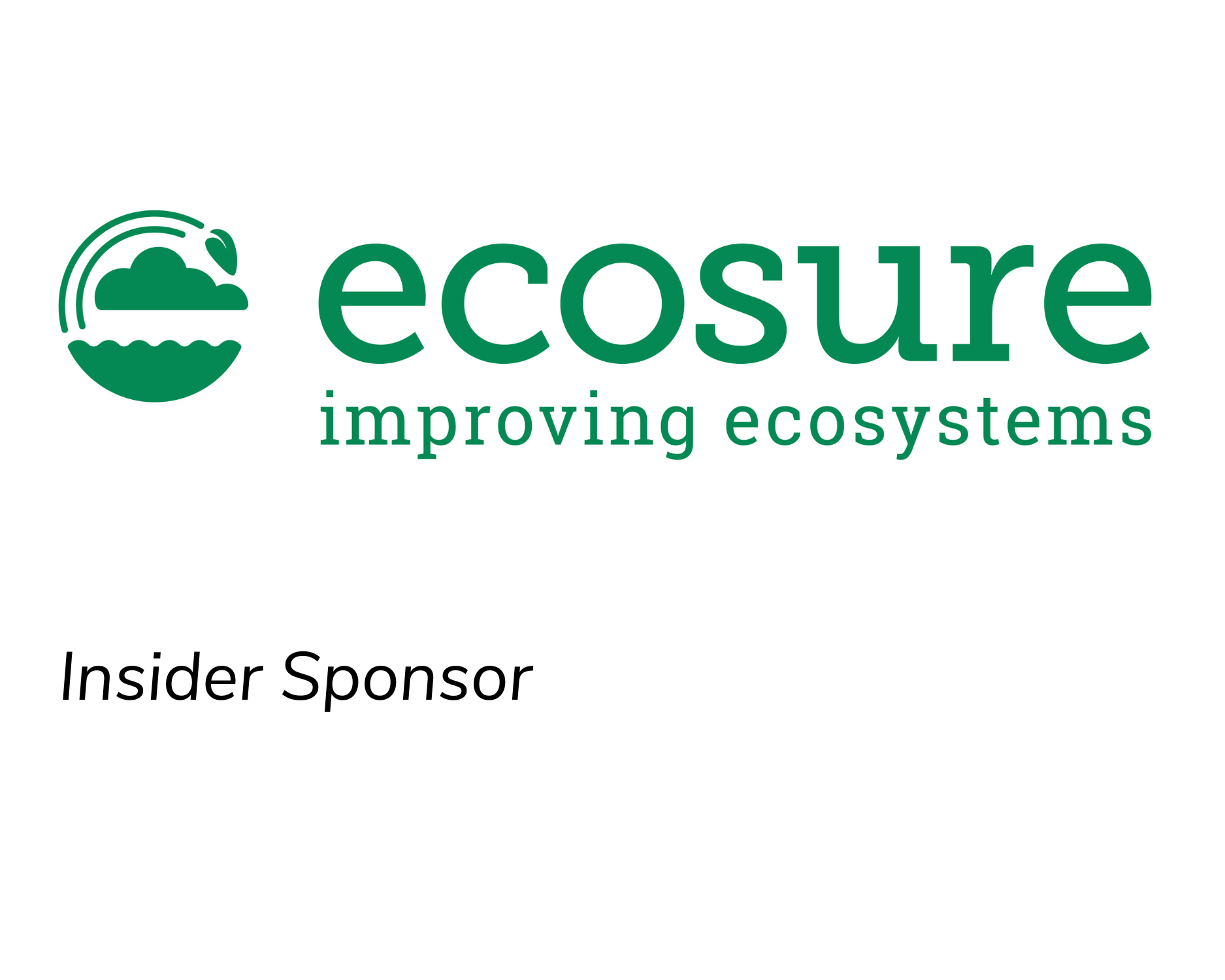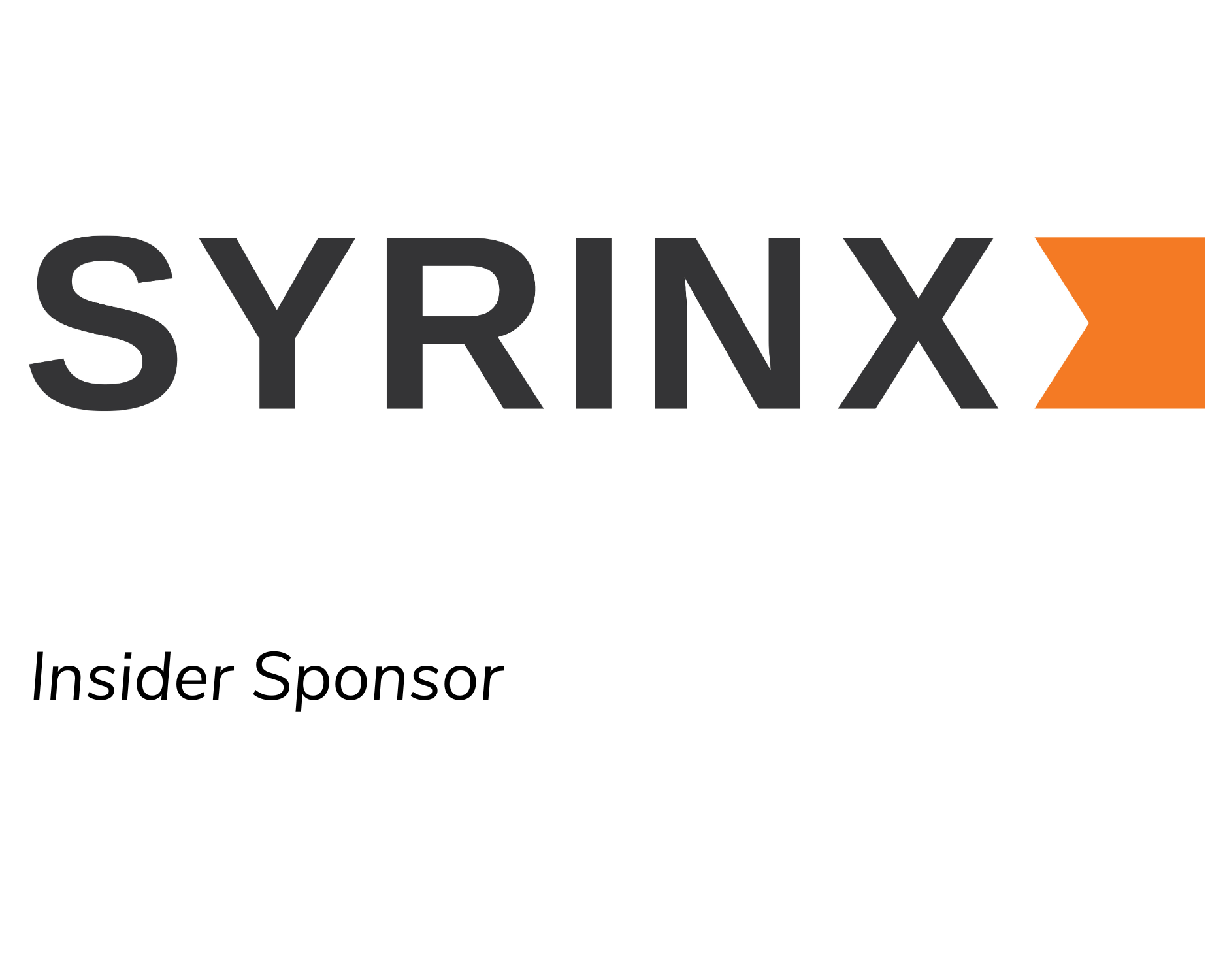SER2023’s program will further advance our human relationship with nature by communicating how knowledge, evidence, and standards-based restoration can help maximize outcomes for people, biodiversity, and ecosystem services. (This experiential journey begins on the registration form with a prompt for prospective delegates to consider their own relationship with nature by sharing a memory, experience, or moment when they felt connected to nature).
A word cloud, drawn from the responses you shared upon registering, summarizes our commonality and diversity in our connection with nature.
Daily plenaries
SER2023’s daily plenary session will introduce the day’s theme and help set the tone for the conversations and debates that follow. These plenaries bring all conference delegates together for informative, lively, and inspiring discussions.
We are privileged to introduce a slate of outstanding speakers, largely from indigenous communities around the world. These individuals will help illustrate how local knowledge, community and industry engagement, and ecological knowledge are being integrated into exceptional projects from places as disparate as Madagascar, New Zealand, Kenya, Canada, and, of course, Australia.
In these sessions, and throughout the conference, we explore: what does it take for restoration to be successful? We look forward to hearing a diversity of perspectives relevant to this essential question.
Day 1: Indigenous Approaches to Restoration
SER developed the International Principles and Standards for Ecological Restoration to provide a framework for designing, implementing, and evaluating ecological restoration projects that achieve the greatest social and ecological benefits. The first two principles focus on: 1) engaging a diversity of stakeholders; and 2) drawing on many types of knowledge in order for restoration projects to be successful.
Keynote speakers Kia Dowell and Lucy Mulenkei are uniquely qualified to talk about what this means in practice. Kia, a Gija woman from Warmun Community in the East Kimberley region of Western Australia, currently works to ensure that the needs of Traditional Owners of the Argyl Diamond Mine area are upheld following the mine’s closure and ongoing restoration. Lucy is the Executive Director of the Indigenous Information Network in Kenya. She has many years of experience in gender and community development work, focusing on issues related to the environment, which includes work in the different Rio Conventions with a focus on Biological diversity, Climate Change, and Desertification.
Both Kia and Lucy will provide examples of how the direct involvement of local stakeholders in restoration projects improves outcomes for both nature and society. In addition, their experience will illustrate the importance of including Traditional Ecological Knowledge (TEK) to bolster restoration design, implementation, and therefore outcomes.
Day 2: The Business Case for Restoration
On Day 2, our high-level panel will discuss the Business Case for Restoration. Panelists represent global businesses that are integrating standards-based restoration into their corporate practices. This discussion will address several restoration principles, including Principle 7 that restoration can be implemented across a continuum, and Principle 8 regarding the cumulative value of implementing restoration at scale. Restoration is too often considered the purview of governments and civil society. But if we want to truly change the trajectory of the planet in the context of the biodiversity and climate crises, we need global businesses to invest in restoration to secure their current and future investments.
We are thrilled to be joined by representatives from three global corporations, as well as the co-chair of the UN Decade on Ecosystem Restoration, to discuss why and how businesses can move beyond corporate social responsibility to direct engagement in ecological and ecosystem restoration. Confirmed and invited speakers represent Mars Corporate, SCOR Insurance, and the Union for Ethical Biotrade and others. We’re also pleased that an indigenous representative will join the panel to ensure that indigenous communities are fully and fairly considered as businesses delve into restoration.
Day 3: Community-led Restoration
Communities play an important role in restoration bringing specific knowledge and insights, for example on local ecosystems, climate, and seed collection. The SER Standards Principles 1, 2, 5, and 6 emphasize the importance of engaging local communities as well as setting clear goals to achieve the highest level of recovery possible.
Our speakers, Sera Gibson and Lalao Aigrette, work in New Zealand and Madagascar, respectively, driving community consultation and involvement in restoration to ensure positive outcomes for humans and nature. Sera is focused on large, landscape-scale restoration that protects vital land, water and biodiversity resources for the populations that depend on them. Lalao’s work ensures that blue carbon projects promote nature and human rights-based solutions that help preserve and restore mangrove ecosystems, a highly productive but threatened ecosystem.
Day 4: Scaling Up Restoration
Fangyuan Hua and Marina Best will talk about restoration at scale (SER Standards, Principle 8), including the important role of standards for delivering high impact restoration outcomes for both people and nature.
Fangyuan’s research focuses on the preservation and restoration of forest biodiversity, and how we can balance the trade-off between conservation and demand for land-use. She has published numerous papers assessing the ecological and biodiversity impacts and benefits of large scale tree planting initiatives, including a high impact global meta-analysis on the topic. Fangyuan’s work is highly relevant to Principle 3, wherein restoration projects are informed by native reference ecosystems, and Principle 4 regarding the role of restoration as a tool for supporting natural recovery processes. Marina supports indigenous-led conservation efforts and environmental priorities. She has played a global leadership role in scaling up indigenous engagement in restoration, once again echoing Principles 1 and 2. She is also part of the global coaches network for the open conservation standards; both SER’s standards and the UN Decade Standards are designed to be consistent with the open conservation standards.
Across the four plenary sessions, as well as the welcome and closing ceremonies, SER plenary speakers will provide insights into the important role of indigenous and local knowledge and engagement in all stages of restoration; the importance of standards as a tool for improving restoration planning, implementation, and monitoring; and the role of restoration as a mechanism for rebuilding the oft-overlooked but vital connection between people and nature.
You can read more about our plenary speakers here.
SER’s International Principles and Standards can be downloaded in English, Chinese, French, Spanish, Ukrainian, and Portuguese. You can access the full document and a summary version, along with our other standards guidance, at ser.org/standards
Banner photo: Devils Marbles, NT by Tourism NT
